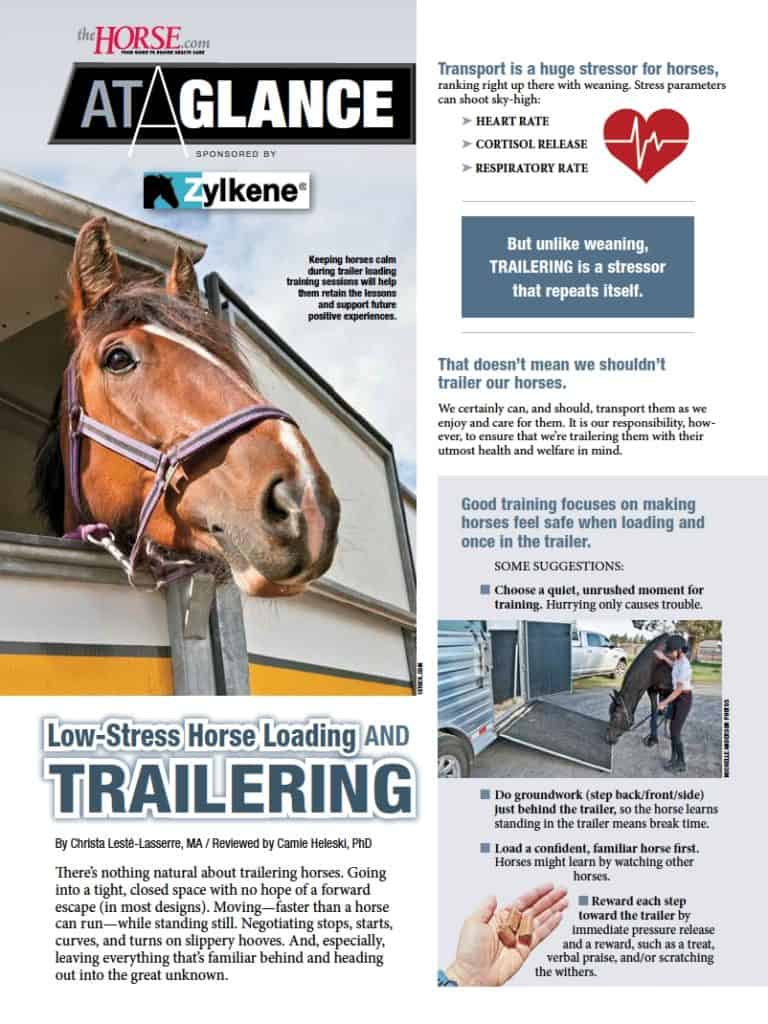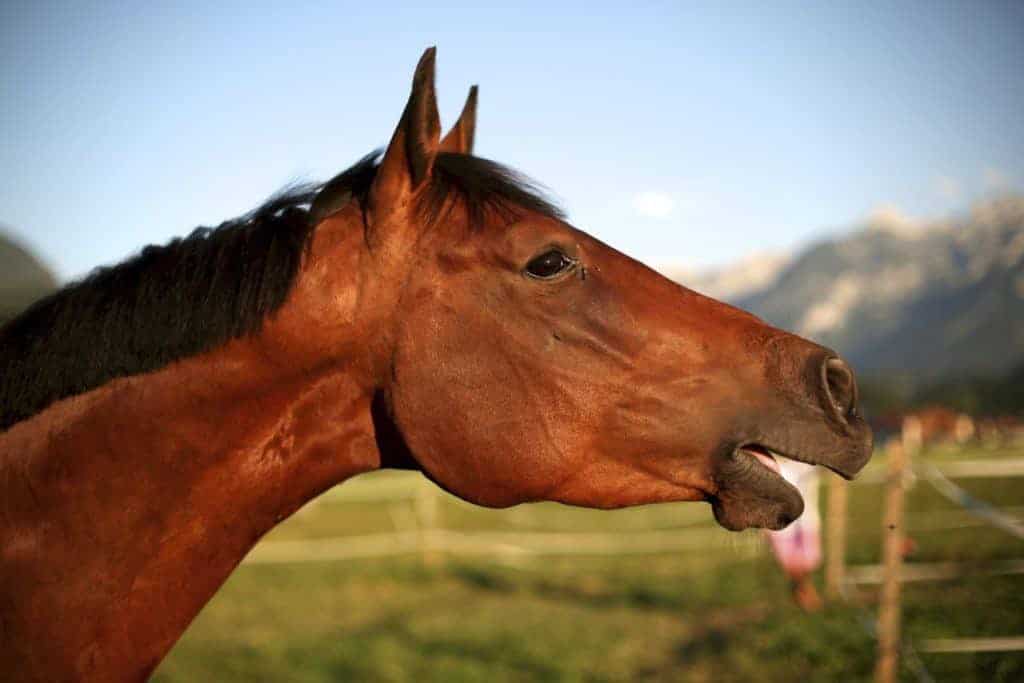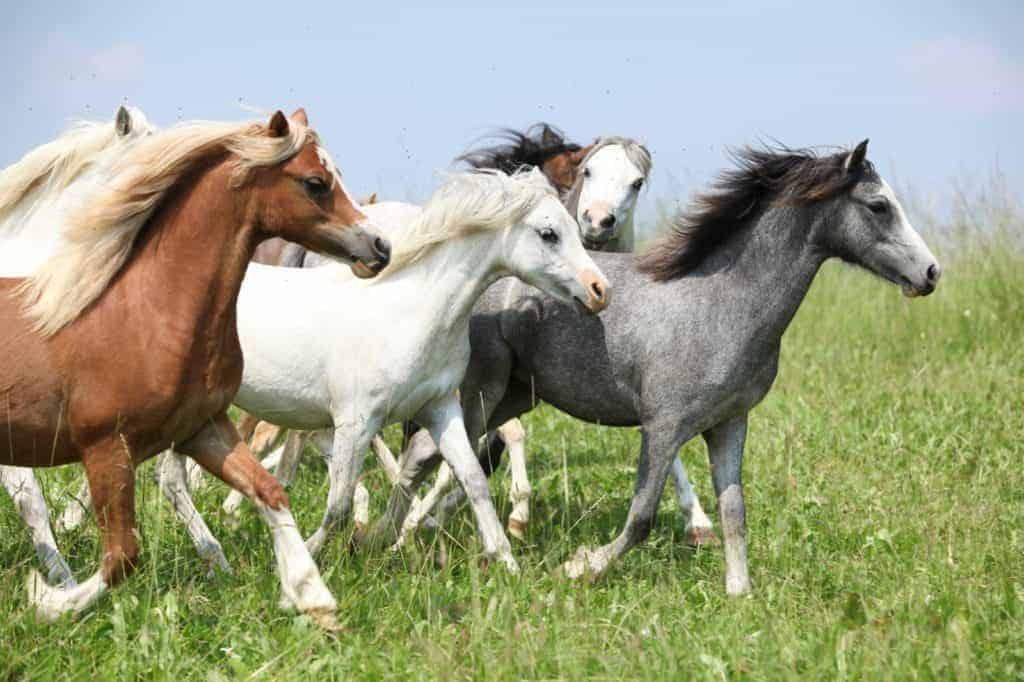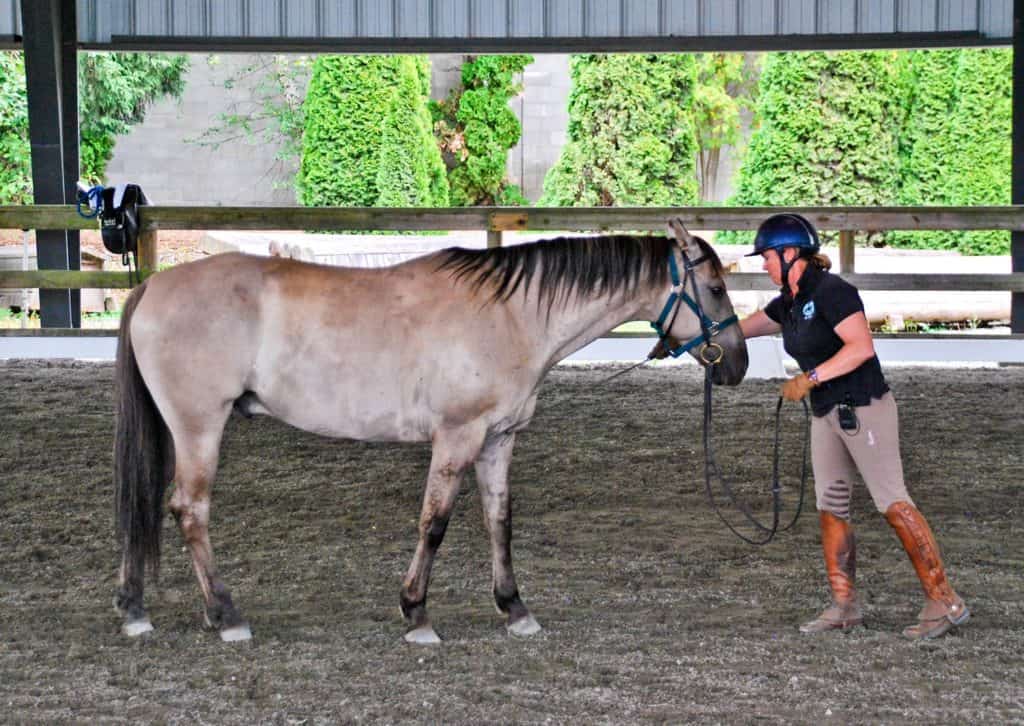
Low-Stress Horse Loading and Trailering
Trailering can be unnerving for some horses. Download this special report to learn how to keep your horse’s trailering experience safe and stress-free.

Trailering can be unnerving for some horses. Download this special report to learn how to keep your horse’s trailering experience safe and stress-free.

Dr. Camie Heleski offers insight on how horse and human brains differ.

The University of Kentucky’s Dr. Camie Heleski offers advice for handling buddy-sour horses.

Have you taught a horse a task on his left but had him be clueless about it on his right? Dr. Camie Heleski explains.

Dr. Camie Heleski shares scientific information about how much horses might learn from watching each other.

On average, horses’ stress levels remained within the range observed during routine work and management.

Contrary to conventional wisdom, horse herds are likely egalitarian and don’t have a dominant stallion and “alpha” mare.

Horses reacted to facial expressions in the absence of any other cues, such as body movements, vocal sounds, or odors.

Learning theory describes how we can influence horse behavior and improve training outcomes. Discover how to shape your horse’s behavior.

Learn about horsemanship and how to incorporate learning theory in your own horse training.

Dr. Nancy Diehl shares her thoughts on using clicker training to help a horse get used to having fly spray applied.

How do your senior horses handle fireworks?

TheHorse.com readers and staff share their tips for preparing and keeping horses safe during 4th of July festivities.

Although horses spent more time walking when muzzled, they also more than doubled the time they spent standing.

Unwanted behavior can have a significant impact on mares’ and fillies’ performance across a range of competition events.

Of the 820 respondents, 396 (48%) said they are confident that their horses would cross water.
Stay on top of the most recent Horse Health news with
"*" indicates required fields